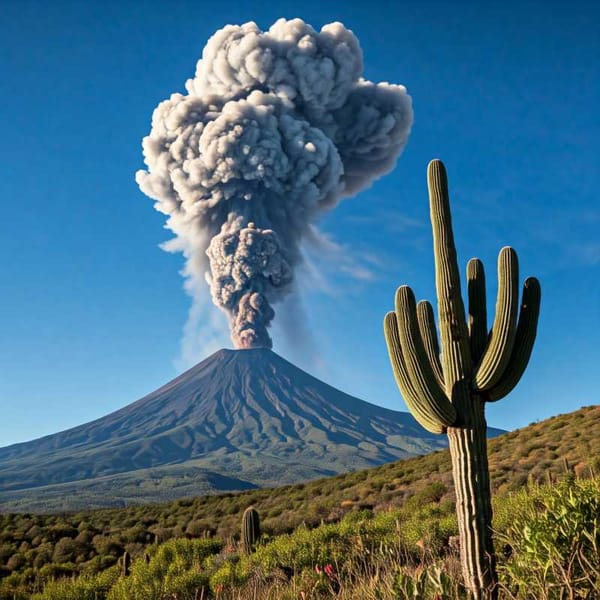All you need to know about the World Cup finals
The finals of the FIFA World Cup in football feature the national teams of 32 countries, making it one of the most significant sporting events in the world. With this year's World Cup, the competition will have been held 22 times since its inception in 1930.





